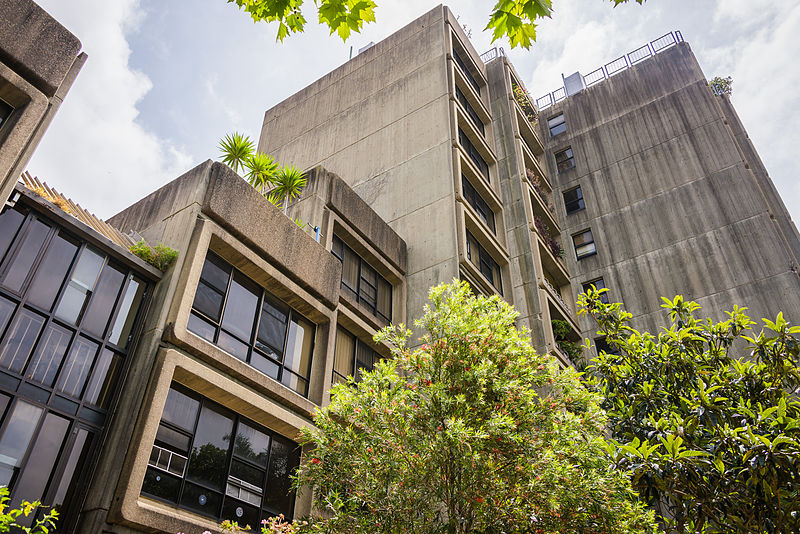Property beyond the headlines

US investor Howard Marks has helped build Oaktree Capital into one of the most successful alternative investment management firms out there today. Those who are familiar with him are privy to his concepts of first and second-level thinking, which he discusses in his regular memos to clients. In one such memo in September 2015 Marks states, “First-level thinkers see what’s on the surface, react to it simplistically, and buy or sell on the basis of their reactions.” In essence, first-level thinkers are easily swayed.
The media is notorious for highlighting extreme negative scenarios that are more likely to receive a larger number of clicks and therefore generate more advertising revenue. However if we let ourselves get swept away in this, we can very easily surrender to first-level thinking.
A quick look at some of the points we typically come across in the mainstream media surrounding the NSW property market is one such area where first-level thinking may be evident;
- Rate cuts are coming to an end and the consumer is highly indebted, making housing severely unaffordable.
- The increase in supply of apartments is a major risk that could lead to severe declines in property prices.
- The crackdown on corruption and money laundering in China is making it more difficult for the Chinese to transfer money abroad, meaning the Chinese bid for Australian property going forward could be hit hard.
Re-visiting the concepts of Howard Marks and his thoughts on second-level thinking instead encourages investors to delve deeper prior to making any decisions. “On the other hand, second-level thinkers double-think (and triple-think) every angle of every situation.”
It may not provide great “clickbait”, but perhaps some areas that could lead to an upside surprise to economic growth forecasts in NSW should be examined if one wants to be a second-level thinker. A positive story that has recently received a surge in publicity is the potential boost to the NSW economy that infrastructure spending could provide. For many years, economists frustratingly pointed to this as an opportunity, yet the idea has been slow to gain traction. While the coalition formerly emphasised infrastructure as a priority through Mike Baird, the newly appointed premier Gladys Berejiklian vowing to ”go harder” with infrastructure shows some true signs of change.
Even before many projects get underway, NSW is currently the pick of the states in terms of economic growth. The numerous articles highlighting poor housing affordability typically discuss the future directions of house prices and interest rates. Less thought is given to real wages growth, probably because for many years this has been somewhat disappointing. If the NSW economy can continue its good form, is an improving real wages environment an example of second-level thinking that some investors may be ignoring? Potential for higher inflation and interest rates seem to be low for the time being. Whilst credit rating agencies have highlighted some concerns over NSW, borrowing spreads over government bonds are behaving themselves and suddenly an infrastructure led growth spurt looks quite plausible.
It becomes increasingly hard to argue against the warnings that there are risks in the property market due to an increasing supply of apartments. Yet is this getting too much publicity? Should we also extend beyond first-level thinking and consider the component of stand-alone dwellings which are yet to see the same trend of a large supply response?
It won’t take anyone long to find a plethora of articles connecting the risks for China’s crackdown on corruption and money laundering flowing through to a reduced demand for Australian property. What may take a little longer to find however are articles with in-depth discussions surrounding some of the reasons behind this crackdown. Are we then paying enough attention to the potential that a successful crackdown could result in longer-term benefits of a more efficient government in China, increased confidence, and an improving economy there?
This is not to suggest to run out tomorrow and gear yourselves up to the eyeballs on NSW property. The point is that whether we intend to or not, we often get caught up in first-level thinking. We should also be just as alert to look beyond very commonly expressed rosier forecasts on various asset markets. Negative themes that are currently lurking quietly in the background could develop into front-page news stories in the future, and should therefore also occupy some of our thoughts. Investors should examine all possible angles equally, not simply pay all of their attention to one scenario because it occupies more space in the media.
